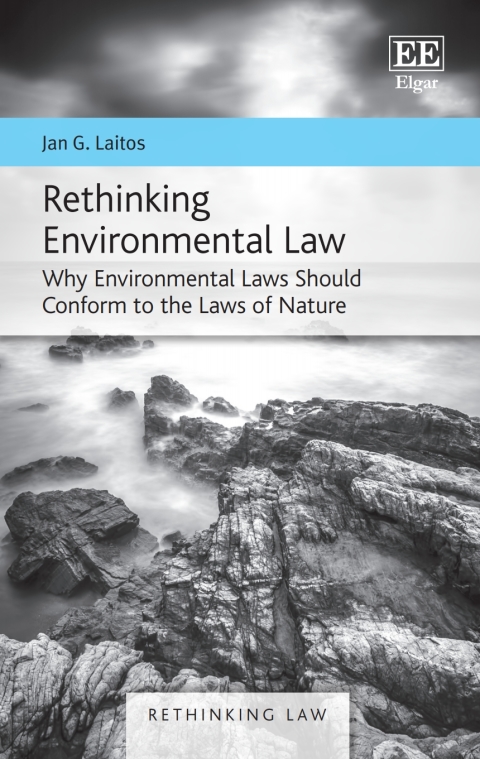
Rethinking Environmental Law : Why Environmental Laws Should Conform to the Laws of Nature PDF
264 Pages·2021·1.2934 MB·other
Most books are stored in the elastic cloud where traffic is expensive. For this reason, we have a limit on daily download.
Preview Rethinking Environmental Law : Why Environmental Laws Should Conform to the Laws of Nature
Description:
Challenging historic assumptions about human relationships with nature, Jan G. Laitos examines how environmental laws have addressed environmental problems in the past, and the reasons for the laws' inability to successfully prevent environmental contamination and alterations of critical environmental systems. This forward-thinking book offers a creative and organic alternative to traditional but ultimately unsuccessful environmental rules, highlighting that established approaches to existential threats impacting our natural environment cannot be relied upon. Calling for a rethinking of how science is best used in environmental law, it explains the need for a new generation of environmental laws grounded in the universal laws of nature which might succeed where past and current approaches have largely failed. Proposing a new algorithm for the formulation of workable environmental laws, Laitos explores the ways in which these should be linked to the laws of connection, simplicity, economy, and symmetry. This innovative book illustrates examples of this new class of laws, based not on regulations and rules, but on rights and duties. Rethinking Environmental Law will be an illuminating read for students and scholars of environmental law and policy. Suggesting an alternative role for science in developing environmental policy, it will also be of value to environmental policy makers.
See more
The list of books you might like
Most books are stored in the elastic cloud where traffic is expensive. For this reason, we have a limit on daily download.
